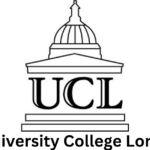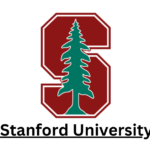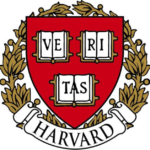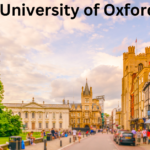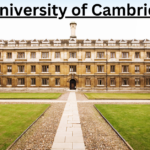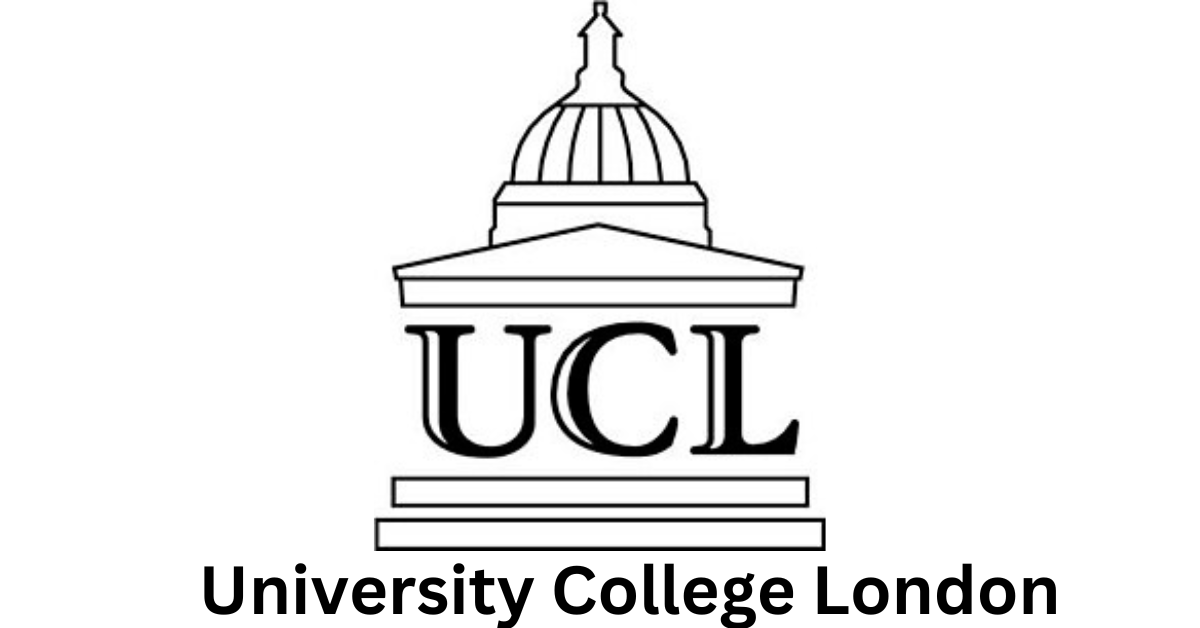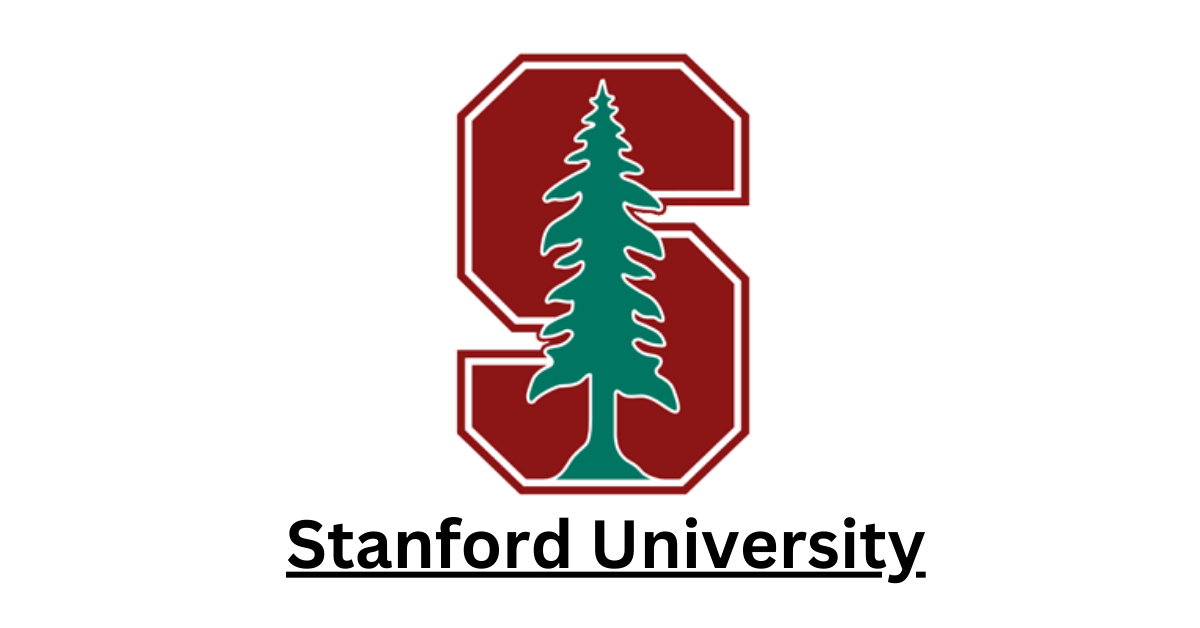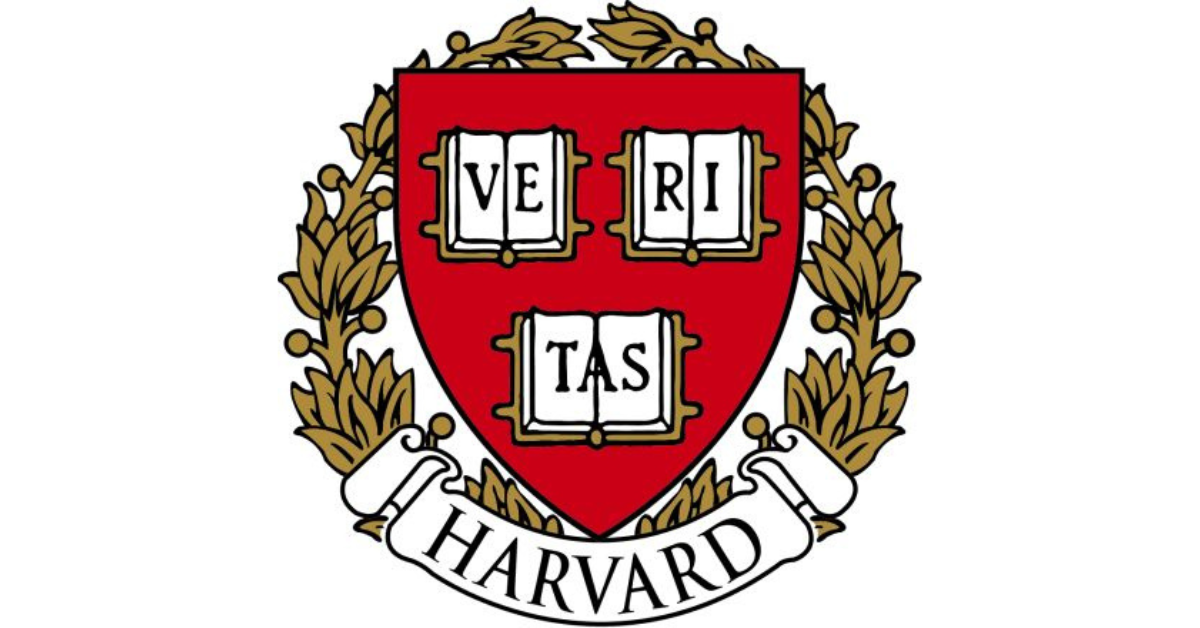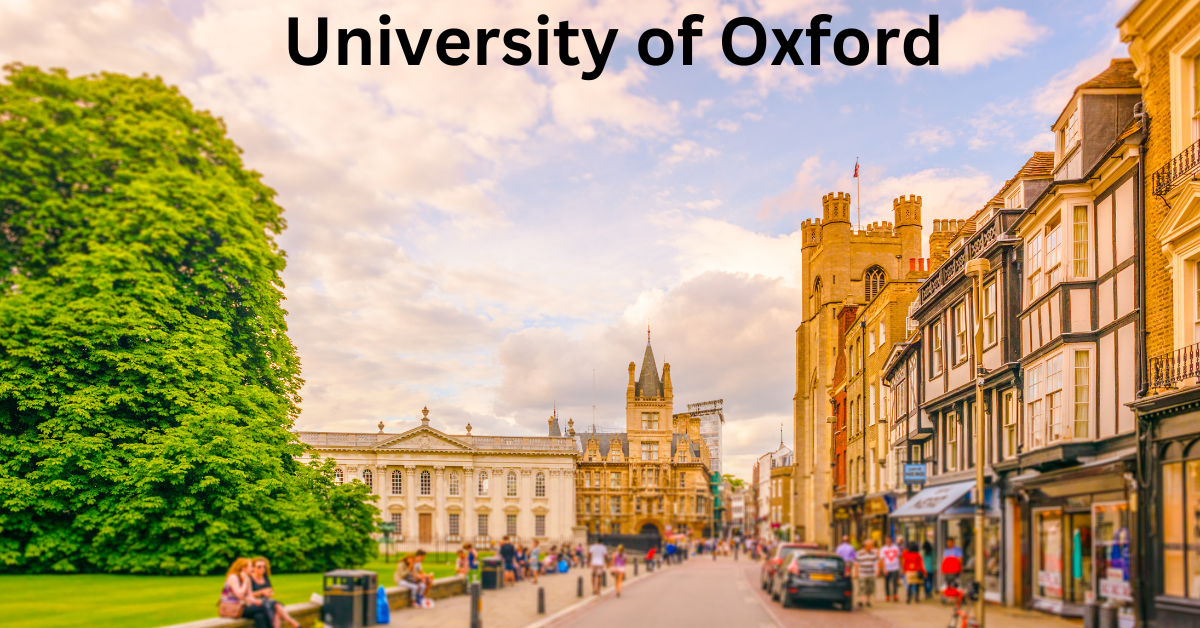Introduction
The University of Cambridge, located in Cambridge, England, is one of the oldest and most prestigious universities in the world. Founded in 1209, Cambridge has a storied history of academic excellence, groundbreaking research, and notable alumni who have significantly contributed to various fields. This article explores the university’s rich history, its structure, academic achievements, cultural impact, and its role in modern education.
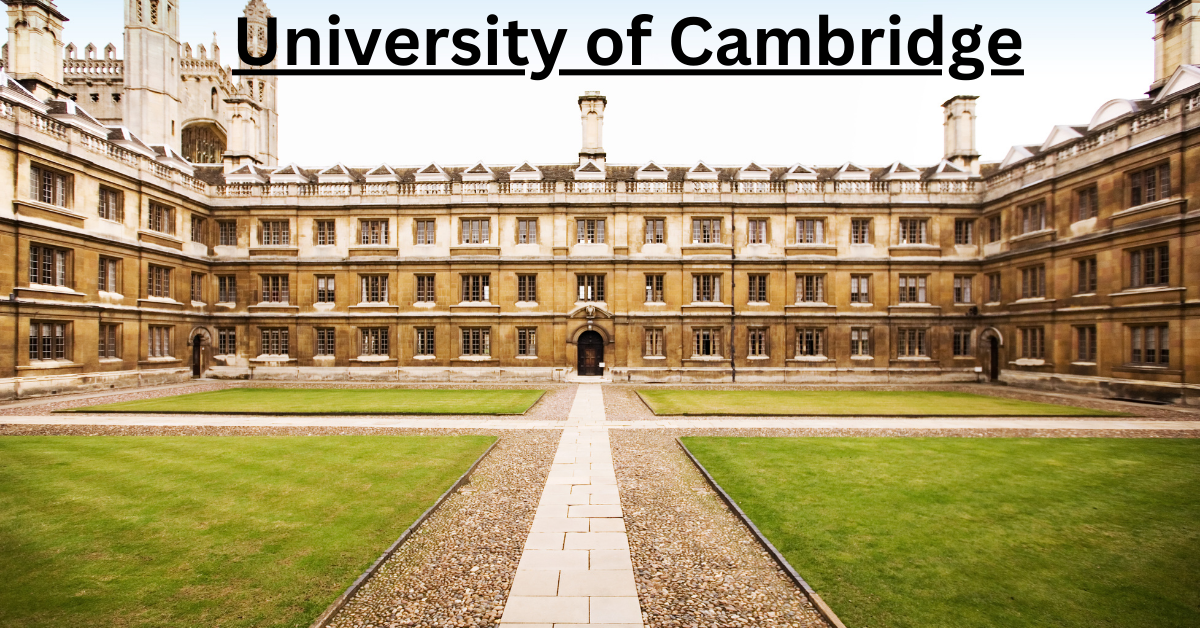
Historical Background
Early Beginnings
The University of Cambridge was established in 1209 by scholars who fled the hostile academic environment of Oxford following a dispute between the townspeople and scholars there. These scholars sought refuge in the small town of Cambridge, which provided a more peaceful and conducive environment for learning. The nascent institution received its first charter from King Henry III in 1231, formally recognizing it as a studium generale, a center of higher education open to scholars from all over Europe.
Medieval Growth
During the 13th and 14th centuries, Cambridge experienced significant growth. Several colleges were founded during this period, including Peterhouse (1284), Clare College (1326), and Pembroke College (1347). These colleges were originally established to provide housing, financial support, and supervision for students, forming a unique collegiate system that continues to this day.
Renaissance and Enlightenment
The Renaissance and Enlightenment periods were times of significant intellectual advancement for Cambridge. The university became a center for the study of the humanities and sciences, producing influential figures such as Erasmus of Rotterdam, who was a visiting lecturer, and Sir Isaac Newton, whose work in mathematics and physics laid the groundwork for modern science. The establishment of the Lucasian Professorship of Mathematics in 1663, which Newton once held, exemplifies Cambridge’s commitment to scientific excellence.
Structure and Organization
The Collegiate System
Cambridge is composed of 31 autonomous colleges, each with its own unique history, traditions, and governance. These colleges are responsible for the accommodation and pastoral care of students, as well as some teaching and research activities. They provide a close-knit community for students and fellows, fostering a sense of belonging and support.
Faculties and Departments
Academic teaching and research are organized into six schools: Arts and Humanities, Biological Sciences, Clinical Medicine, Humanities and Social Sciences, Physical Sciences, and Technology. Each school comprises several faculties and departments that offer a wide range of undergraduate and postgraduate programs. This structure allows for interdisciplinary collaboration and research across various fields of study.
Administration
The overall administration of the university is overseen by the Chancellor, Vice-Chancellor, and the University Council. The Chancellor is a ceremonial figurehead, while the Vice-Chancellor is responsible for the day-to-day management of the university. The University Council, composed of representatives from the colleges and faculties, is the principal executive and policy-making body.
Academic Excellence
Teaching and Learning
Cambridge is renowned for its rigorous academic programs and high standards of teaching. The university offers a diverse range of undergraduate and postgraduate courses across numerous disciplines. The tutorial system, known as supervisions, is a hallmark of Cambridge’s teaching method. These small-group sessions allow students to engage deeply with their subjects, receive personalized feedback, and develop critical thinking skills.
Research
Research at Cambridge is world-leading, spanning the sciences, humanities, and social sciences. The university has made significant contributions to various fields, from the discovery of the structure of DNA by James Watson and Francis Crick to advances in artificial intelligence and climate science. Cambridge’s research output is supported by state-of-the-art facilities, extensive libraries, and a collaborative environment that encourages innovation.
Notable Alumni
Cambridge’s alumni include a plethora of influential figures across diverse fields. In the sciences, apart from Newton, Cambridge counts among its alumni Charles Darwin, who formulated the theory of evolution, and Stephen Hawking, whose work on black holes and cosmology has had a profound impact on our understanding of the universe. In the arts and humanities, notable alumni include literary giants such as John Milton and Virginia Woolf, as well as philosophers like Bertrand Russell and Ludwig Wittgenstein.
Cultural and Social Impact
Contributions to Knowledge and Society
The University of Cambridge has played a pivotal role in shaping modern thought and knowledge. Its contributions to science, literature, politics, and philosophy have had a lasting impact on global society. Cambridge’s commitment to research and education has driven technological advancements, informed public policy, and enriched cultural heritage.
Traditions and Ceremonies
Cambridge is steeped in tradition, with numerous ceremonies and customs that date back centuries. These include the formal dining experiences known as “Formal Hall,” the May Ball celebrations marking the end of the academic year, and the unique graduation ceremony held in the Senate House. These traditions contribute to the university’s distinct identity and foster a sense of continuity and community among students and alumni.
Extracurricular Activities
The university offers a vibrant array of extracurricular activities, catering to a wide range of interests. There are over 500 student societies and clubs, including sports teams, cultural groups, and academic societies. Cambridge’s rowing club, the Cambridge University Boat Club, is particularly famous for its annual Boat Race against the University of Oxford, a major event in the British sporting calendar.
Modern Challenges and Future Directions
Accessibility and Diversity
One of the key challenges facing Cambridge today is ensuring accessibility and diversity. Historically, the university has been criticized for its lack of diversity, with students predominantly coming from affluent backgrounds. In recent years, however, Cambridge has made concerted efforts to broaden access through outreach programs, financial support, and initiatives aimed at increasing representation from underrepresented groups.
Sustainability
As a leading global institution, Cambridge is also focused on sustainability and addressing climate change. The university has implemented numerous initiatives to reduce its carbon footprint, promote sustainable practices, and integrate environmental considerations into its teaching and research. The establishment of the Cambridge Zero initiative exemplifies the university’s commitment to leading the fight against climate change through innovation and collaboration.
Technological Advancements
The rapid pace of technological change presents both opportunities and challenges for Cambridge. The university is at the forefront of research in areas such as artificial intelligence, biotechnology, and data science. Embracing these advancements while ensuring ethical considerations and societal benefits remain paramount is a key focus for the institution.
Conclusion
The University of Cambridge stands as a beacon of academic excellence and cultural heritage. Its rich history, coupled with its commitment to innovation and societal impact, ensures that it remains a leading institution in global education. As Cambridge continues to evolve and address modern challenges, its foundational principles of rigorous scholarship, intellectual curiosity, and a dedication to the betterment of society will undoubtedly guide its future endeavors.
